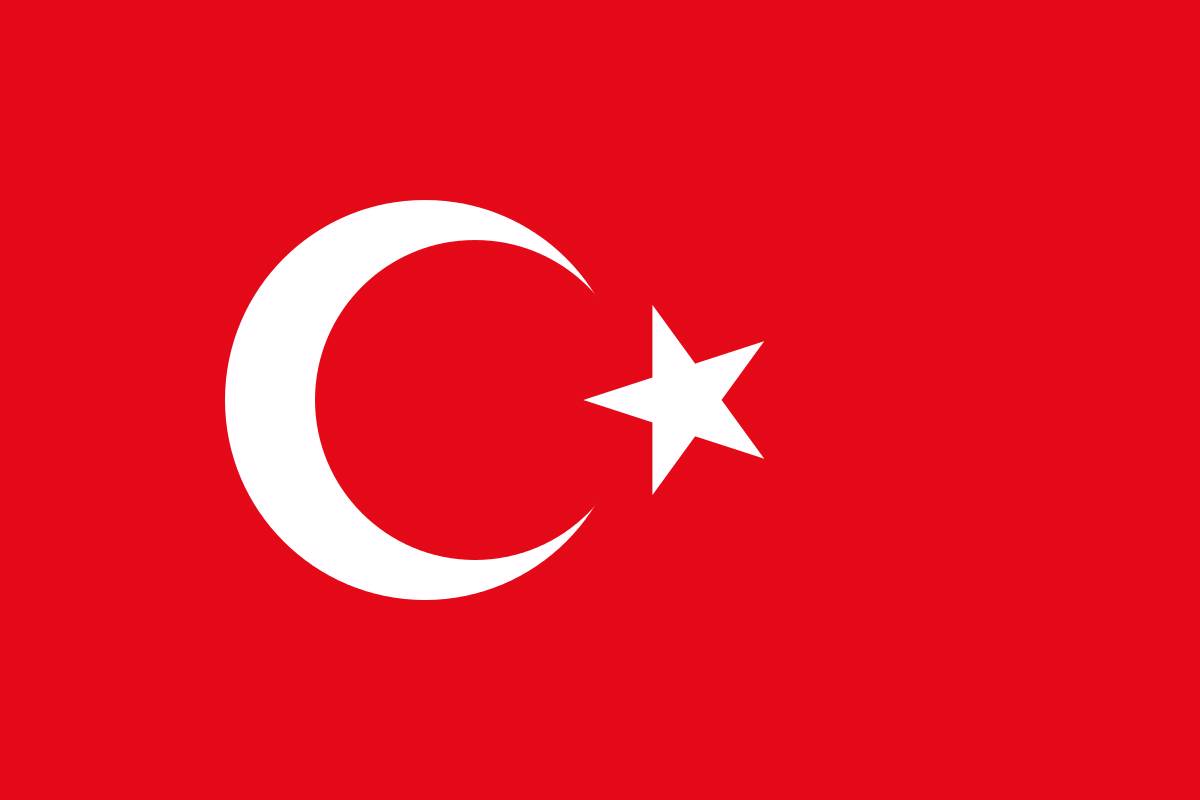
Turkey’s political direction is up for debate, following the August Presidential elections. Having gone from domestic stability to political upheaval, from ‘zero problems with neighbours’ to being drawn into escalating regional conflicts, the new president is not short of challenges. Simultaneously, we may be seeing a new concentration of power in the hands of the President. Now that we know who shall fill the post, what should we be expecting?
PRIO and the Norwegian Polytechnic Society have the pleasure of inviting you to the seminar 'What Next for Turkey? The Presidential Election in Context'.
The seminar will get behind the main media images of Turkey's politics, examining the lines between past, present and future. How can we understand the evolution of Turkey's AK party, long seen as the manifestation of democratic Islamism? How should we understand the shifting relationships of the military, business communities, religious movements with politics at large? How does regional conflicts and global political changes affect Turkey's ability to fulfil its ambitions on the global scene? What challenges and opportunities do and may present themselves? Which direction should we expect Turkey to take in the months and years to come?
| PANEL:
-
Fuat Keyman, Director, Istanbul Policy Centre, Sabancı University
-
Harry Tzimitras, Director, PRIO Cyprus Centre
-
Einar Wigen, PhD scholar, Department of Culture Studies and Oriental Languages, University of Oslo
Chair: Maria Gabrielsen Jumbert, Senior Researcher, PRIO | | --- |
Against the dramatic backdrop of popular protest, legal charges against key state employees, and mounting tension between the Islamist AK party and the opposition, 2014 is the year of elections in Turkey. Local election took place in late March, and presidential elections are scheduled for 10 August, with a possible run-off on the 24th of the same month.
The last couple of years have shown a Turkey breaking with the hailed economic success story and the secular–religious balancing act of President Erdogan's first years in office. Civil society is calling out against clampdowns on freedom of speech and the right to protest. On its side, the state invokes claims about threats to national security much more frequently, particularly in matters domestic. Numerous journalists, academics and members of the political opposition are imprisoned. Polarization between Islamists and seculars is on the rise.
Turkey's foreign policy is also increasingly troubled. Since the end of the Cold War, Turkish influence has been on the rise in the Middle East and throughout its wider neighbourhood. The 2011 coining of the term MINT, connoting the emerging economies of Malaysia, Indonesia, Nigeria and Turkey, the country's global ambitions were recognized. Turkey has played an increasingly important role, economically, politically, and culturally. Global credibility, however, is affected by the domestic state of affairs, and the troubles in the Middle East is increasingly pulling Turkey in.






